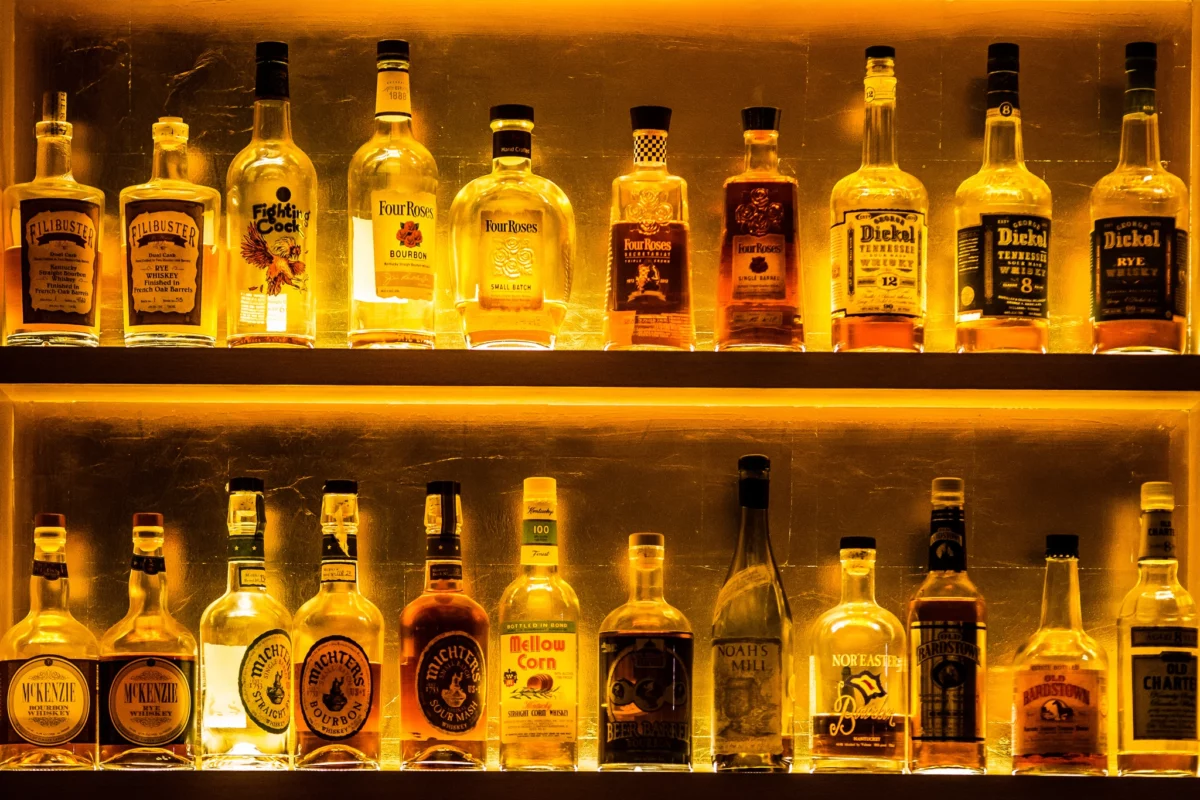Recent research has reported that Kenya loses approximately Ksh71 billion each year in taxes due to the development of the sale of illicit alcohol in the country.
A Euro Monitor Consulting was hired by the Alcoholic Beverages Association of Kenya (ABAK) to carry out a study on the effects of illegal alcohol on the economy.

According to the research, there has been a significant rise in value in the sale of alcohol since 2000 which has reached above Ksh 67 billion. This points out the fact that it is becoming prevalent and widely available, particularly in low-income settlements.
The failure to comply with tax and excise legislation has contributed to the appeal of illegal alcoholic drinks, which are often supplied at cheaper prices compared to legal drinks.
Read Also: Police storm tycoon’s mansion discovers Illicit brew made of used sanitary towels
The low cost of illicit alcohol, high taxes, expensive raw materials to produce safe alcohol and ready availability through licensed liquor stores, grocery retailers, bars and street vendors are among the reasons why it has become more affordable.
Mass-market, high-volume brands that combine premium and mid-market alcohol brands are the most frequently targeted by counterfeiters. Then premium cider and beer come after them.
Due to the rise in demand from illegal producers of commercial alcohol, criminal marketers are also interested in ethanol. Insufficient border patrols, pervasive corruption, and unmanned entry points all over Kenya’s borders continue to offer a haven for illegal traders to do their business, claims Quinton Walker, Senior Consultant at Euro Monitor International.
According to the research, enforcing the law to make it illegal for anyone to take part in the manufacture, distribution, or sale through legal or illegal channels would be considered to have committed a crime and be susceptible to punishment.
Subscribe to our Youtube channel Switch TV
It also calls for the growth of consumer education programs that emphasize the detrimental effects of illegal alcohol consumption on human health. This will function as a deterrent and help to reduce involvement in the production of illicit alcoholic beverages.
















